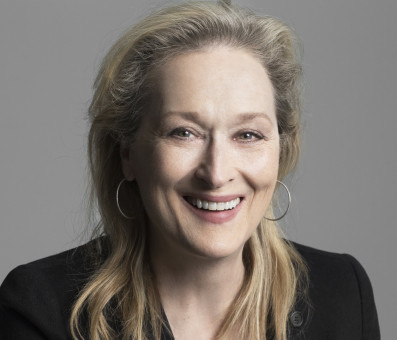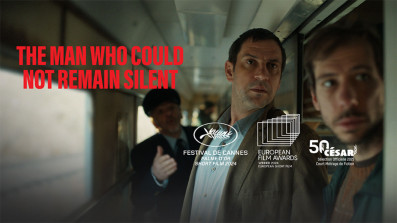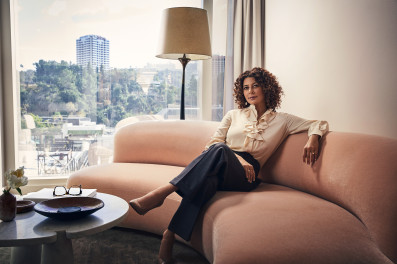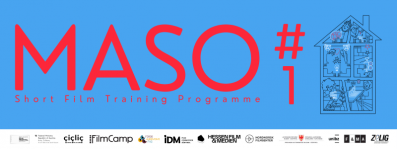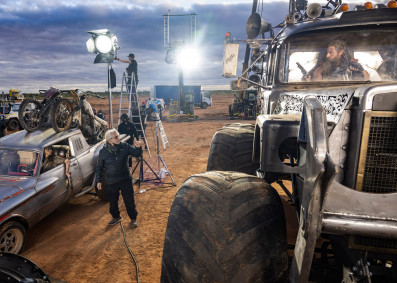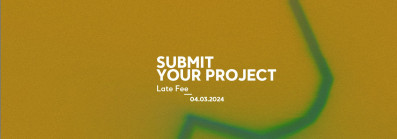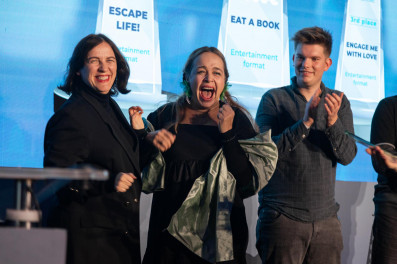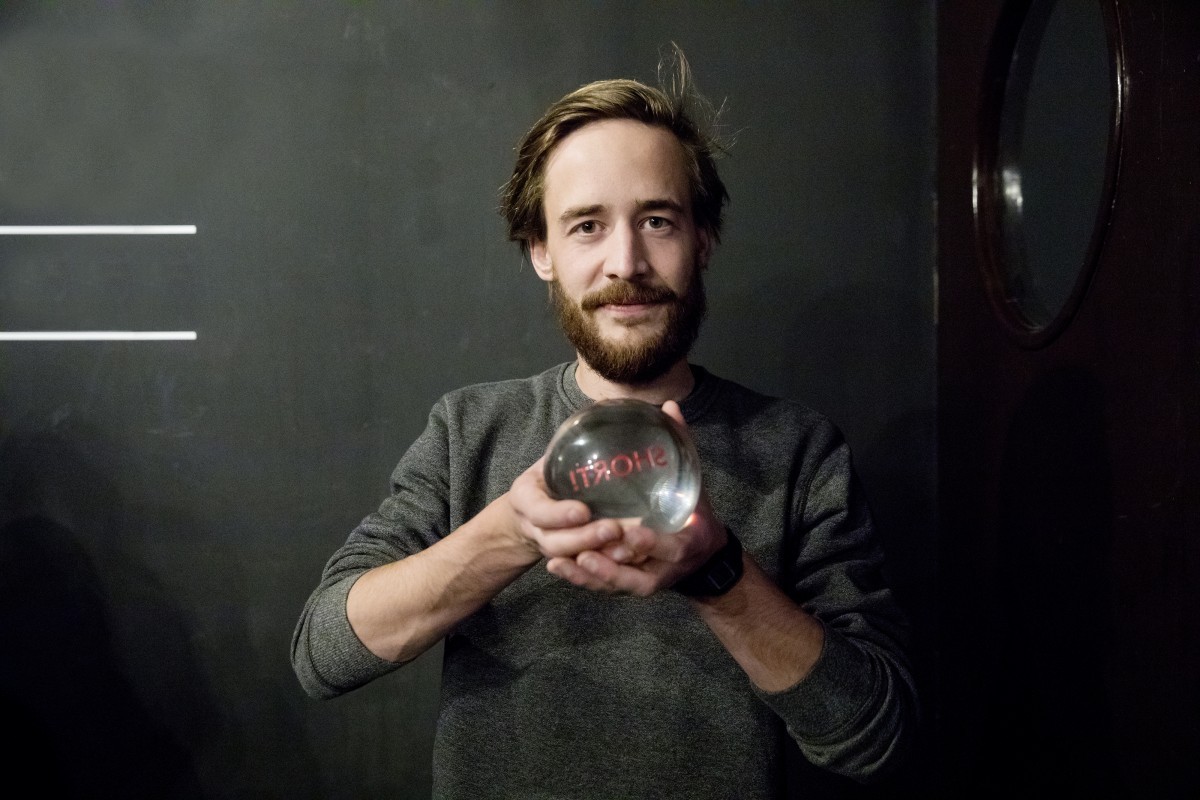
Interview with Adam Martinec of EFP Future Frames 2020 at the KVIFF
For Z-Squad in Japanese language and Duart in the English Language Tettyo Saito had the opportunity to talk with amazing Czech director Adam Martinec
His biography on dafilms.com says: Born and raised on Czech-Polish border with a specific love for this part of the country. First, he studied philosophy and film theory in Olomouc, then directing at FAMU (Film and TV School of the Academy of Performing Arts in Prague) in Prague. Inspired and motivated by movies of classic movie giants, he's trying to understand how to apply their principles in today’s cinematography, while being fully aware of the inexhaustible potential of cinematic language as well as of his poor youngster skills which he's trying to improve at FAMU. and we couldn't agree more. Adam Martinec is a cheerful young director with a splendid and diverse background that truly shined in his previous film Sugar and Salt. With Anatomy of a Czech Afternoon pushes his boundaries again to bring a film that is simultaneously technically well done as well as engaging and emotionally driven. For Z-Squad in Japanese language and Duart in English language Tettyo Saito had the opportunity to talk with amazing Czech director Adam Martinec.
Why did you want to become a film director? And how did you become one?
I really don't consider myself as a film director. I rather still use the term “student of film directing”. My way to FAMU was extremely twisted and colourful, but long story short it was just one big coincidence for which I am infinitely grateful.
When you started to be interested in movies, what movies did you watch? And what movies could you watch in Czech at that time?
When I was little, like 13 or 14 years old, I often fell asleep in front of the TV. Once I woke up during Blow-up by Antonioni. The very next morning I wasn’t sure what was a dream and what was a movie, but that very strong feeling of being moved was extremely important in my future steps. I was born in 1990 and at that time you could watch Czech and movies from other countries that were banned during the previous regime.
What is the starting point of your film "Anatomie českého odpoledne"? Your own experience, news in Czech or some other facts?
There was an incident that happened almost two years ago in the Czech Republic. Two boys drowned at a crowded beach and due to racism that may have been involved, media outlets started to cover this story in great detail. I was terrified and angry that hundreds of people who were at the beach wouldn’t help you just for the colour of your skin. Later on, it was found that the procedure of searching was technically fine and the only charges that have been filed were against the parents of those kids. Maybe everyone did what they could - we are not able to prevent everything and tragedy is a part of our world, but I am frustrated by the way at least in the Czech Republic in which people are behaving towards each other.
A vacation place in this film is one of the impressive parts. It's small but very intimate unlike a vacation place in Japan. Where is it? Is this a famous place in Czech?
This specific place is 30 minutes from Prague by car. All around Czech, there are these natural swimming places, ponds, and all of them have their specific nature and atmosphere.
I'm amazed by its skilful cinematography. It's sometimes observational as its title suggests, but sometimes very emotional with intense shaking. This diverse way of shooting reinforces this film's great quality. With your cinematographer, how did you construct this style of cinematography in the film?
In this case, I tried to avoid every film reference possible, but it's true that in the literature of Bohumil Hrabal [legendary Czech writer on whose book equally legendary Czech feature film Closely Observed Trains was based] this confrontation of something that is banal and something that might be the most important moment in a person’s life is widely used.
Cinematographer David Hofmann is a very talented and skilful youngster that is occupying the list of top DOPs in Czech. He was super important as all the other crew members. We did a lot of camera tests and then just stuck with few principles that were established before shooting, being aware of the narrow perception perspectives that our characters were affected by.
And the core of this film is the atmosphere's dextrous shifting. At first, its atmosphere is very light and hilarious like an ensemble comedy, but it shifts to the dark side of life and death with heartbreaking sadness. So, how did you make this interesting shifting on the screenplay and the set?
I must say that this is probably very intuitive. It is the way that I see the world around me and I found real authenticity in these “shifting”. To be honest I think it's a cultural context that we were growing for decades and it's caused by a heritage of the Czech New Wave movies and by a wide heritage of Hrabal, Havel, Kundera, Hašek and many others from the world of literature.
One of the most impressive things is its title “Anatomie českého odpoledne / Anatomy of a Czech summer". There are comedic hilariousness and observational seriousness in this title at the same time. And this multi-layered title resonates with aforementioned diverse cinematography. I want to know why you named this tile like that.
I really wanted to portray a hot afternoon in the Czech Republic. Even though I don’t think it is an “anatomical” piece of work we tried as much as possible to do one. I especially like the factor of universalism in this name. It’s a portrait of moral failure that concerns every Czech that is present at the screening. And of course, anatomy implies “complexity” and I understand that incredibly small factors may have enormous effects on our lives - even though something like not having enough change or a broken fan.
What is the current situation of Czech cinema? It is very good because Czech films are screened all over the world including Japan, and many young talents appear at prestigious film festivals. But, from inside, how do you see the current situation?
I always try to avoid these evaluations, I focus on my work and I hope that the constantly emerging / non-emerging new generation of filmmakers will change something in this current state, that is not in the best shape. I am well aware that only joint success will be a real success.
When cinephiles in Japan want to know Czech cinema history, what Czech films should they see? And why?
The fundamentals are in the Czechoslovak New Wave. Basically, every movie from that era is a gem in a way. Filmography of Miloš Forman, Jan Němec, Ivan Passer, Pavel Juráček, Věra Chytilová, Jiří Menzel, Evald Schörm, Juraj Herz, Jaroslav Papoušek and many others. In addition to this young generation, I also admire the work of František Vláčil - his Markéta Lazarová will remain an unsurpassed film forever. From the present I admire Václav Kadrnka (especially the movie called Little Crusader), movies by Bohdan Sláma and by the duo of Ondřej Provazník and Martin Dušek (movie Old-Timers).There is also a strong current of various documentary movies.
If you choose one favourite Czech film, what film do you choose? And I want to know why. Is there a personal memory?
It’s incredibly difficult to pick one. But Marketa Lazarova (František Vláčil), Intimate Lighting (Ivan Passer) and Diamonds of the Night (Jan Němec) are the ones of many movies that are very important to me.
Do you have a plan to make a new short or feature? If so, please tell Japanese readers about it.
I hope that FAMU will accept me to its Master’s program. There I wish to make another short about a homemade slaughter of a pig, that was (and in some areas still is) kind of a feast for the whole family. It’s a very special event that is suitable as a great background for a drama of every kind.
However, I am currently also trying to develop my feature debut. Perhaps I will be able to establish a strong character in it, that will succumb to passion with all the positives and negatives that it carries.
Source: Z-SQUAD / Tettyo Saito



